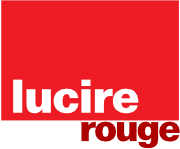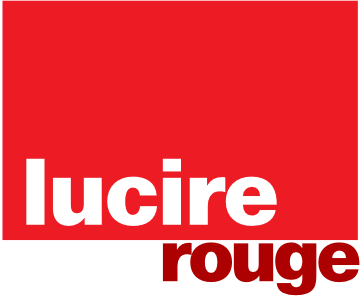Ghost surgeons and other red flags: a plastic surgery guide from Beverly Hills to Miami

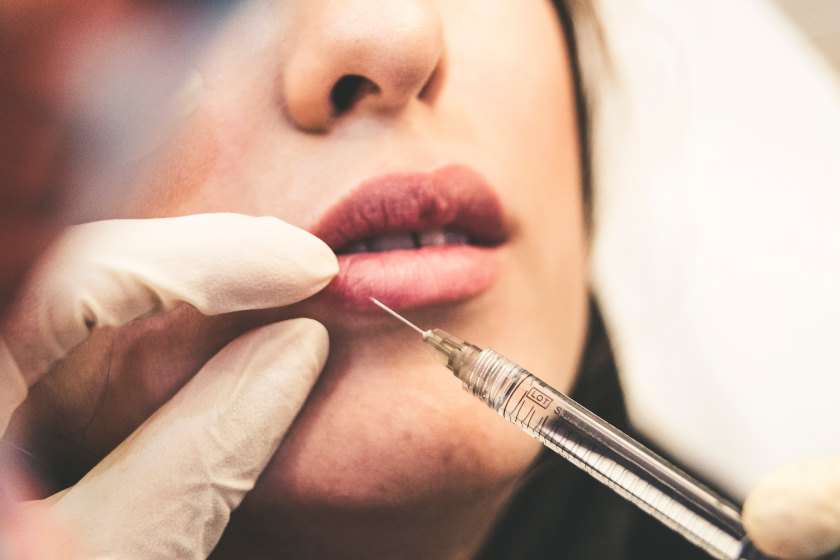
Plastic surgery. The mere term can arouse a mélange of emotions: anxiety, curiosity, envy, excitement, suspicion, horror and mystery. It’s also become increasingly common. In 2019, over 18 million people underwent surgical or non-invasive enhancements, reconstruction, or medically necessary procedures. So why does it retain its enigma? Like being a passenger on an aircraft, we put our body, the only one we have, in the infinite care and trust of another. Someone who could possibly make or break our future health and well-being.
Given the number of procedures performed each year, bungled outcomes are not the norm, but when they do occur, news travels fast. Less than reputable clinics are not uncommon; however, not asking the proper questions is very common. Guesswork and assumptions are never an option when considering something as serious as surgery. To rectify what should be standard questions or misgivings, we’ve interviewed two of the most prominent plastic surgeons in the United States, Michael K. Newman, MD, a board-certified plastic surgeon in southern California, and Tarik Husain, MD, a board-certified plastic surgeon in Miami. Their straightforward answers and unambiguous veracity come from extensive education, experience, and a genuine desire for the best outcome. Think of this as the consultation you always wanted but never got around to scheduling or perhaps weren’t satisfied with when you had the chance. It’s the first step into a pool of knowledge from two of the best and brightest in the field.
What is the first thing one should look for in a prospective plastic surgeon?
Both of our doctors, as well as any reputable plastic surgeon, will emphatically tell you the sample thing: the correct board certification is imperative, specifically the American Board of Plastic Surgery. ‘It has the most rigorous training requirements and is the most respected,’ states Dr Newman. Information regarding board certification can be found on the American Board of Medical Specialities’ website (www.certificationmatters.org) or on the American Board of Plastic Surgery website.
While it may seem obvious, it’s easier to be misled than you think. ‘It is important to note that being board-certified isn’t specific to plastic surgery,’ Newman explains. ‘There is a board-certification process for many other specialties, so it is important to be sure that your surgeon is certified specifically in plastic surgery,’ stresses Newman. Many clients, including celebrities and high-profile individuals, are impressed by chic office spaces and glossy websites where the doctor is not properly board-certified. ‘Be forewarned that there is an American Board of Cosmetic Surgery with a much less rigorous training requirement,’ Newman cautions.
To elaborate, Dr Husain expounds further how these various certifications can be confusing, even among medical professionals. ‘The Board of Cosmetic Surgery was formed by non-surgeons to legitimize what they do,’ warns Dr Husain. ‘They are the ones who train in internal medicine, emergency medicine, and ob–gyns claiming to be plastic surgeons,’ Husain states. ‘The American Board of Plastic Surgery is recognized by the American Medical Association and the American Board of Medical Specialities. The American Board of Cosmetic Surgery is not, so how confusing is that?’
It’s rather alarming to know that any MD can take a weekend course to become “certified” and administer a procedure as long as he or she has access to a surgical facility. ‘You have a lower quality result and a higher risk of complications from somebody who’s trained for one or two days compared to somebody who’s trained for eight years,’ Husain stresses. ‘Do you want to get your liposuction done by an internal medicine doctor who never received a single day of training of surgery?’
The most sound advice is to ask your doctor directly. ‘Most doctors are very proud of their credentials and the years of training they put in to get to where they are, so they should be happy to share that information with you,’ Newman advises. ‘Ask them if they are certified by the American Board of Plastic Surgery. If your surgeon seems nervous, hesitates, or dodges the question, then you should be concerned. Most doctors will be very honest about their credentials.’
What are some other indicators a plastic surgeon is not acting in a client’s best interests?
This can be a bit more subtle. For Dr Husain, a surgeon who recommends too many procedures at once is a huge red flag. ‘Sometimes patients want to do ten procedures at once. It may not be safe to do ten, even though you might save costs and the surgeon can make more money,’ he informs. Dr Husain is firm with clients who make this request, recommending instead that surgeries be spaced out a few months apart. He admits that sometimes he loses a client because another doctor is willing to accommodate and keep a patient under general anæsthesia for ten hours for an elective procedure. Dr Husain is adamant that this is not safe and there is a high risk of complications. A reputable practitioner will always place patient safety first.
Experiences can vary, so it’s imperative to be alert and ready to make enquiries and postpone signing anything until you have time to carefully make an informed decision. Never rush into anything or be intimidated by an aggressive sales pitch.
Let’s talk about ghost surgeons
Yes, this is a thing, and not just in dating. ‘There is a phenomenon called ghost surgeons where one doctor will see you in the consultation and collect the fees, but another doctor will actually perform the surgery who you may meet on the morning of surgery or not at all,’ illustrates Newman. Similar to scenarios where the doctor is not a trained plastic surgeon, ghosting has been known to happen in offices where one doctor is not well trained enough to handle the types of procedures that people want, so they hire a more junior doctor to do the operation while the patient is asleep. While this is not very common, it is known to occur in cities with large plastic surgery centres and high demand. Always ask who will be performing the surgery, never assume. The doctor will normally give an honest answer, at which time you can decide if that is still the right choice for you.
We’ve all seen the overdone look. Why does this happen and who is ultimately responsible?
‘Most overdone plastic surgery is due to the patient demanding either more or too much surgery,’ says Newman. Some patients, he explains, have an idea of perfection in their minds and become very insistent, which puts the doctor in a challenging predicament. ‘The reality is that perfection is not achievable and repeated procedures often lead to a fake or overdone look which gives the world of plastic surgery a bad image.’ Dr Newman advocates that if your surgeon suggests that you should leave well enough alone, listen to his or her recommendation.
Dr Husain echoes this sentiment and reaffirms that reputable surgeons are proud of their work. Nothing is worse advertising than a poor outcome. Engage in an honest conversation with your surgeon. Express your goals, but listen carefully to his or her feedback and advice. If you visit multiple doctors for a consultation, trust the majority consensus. The outlier that caves into patient demands may be more motivated by money than safety or a desirable outcome.
Are people getting facelifts at a younger age than in previous decades?
Generally speaking, yes. ‘People are doing it younger and I think some of that is because of selfies and social media,’ Newman speculates. ‘Or video conferences where people are seeing the image of themselves and the camera is in an awkward position and the lighting is not that great. They look worse than they do in real life.’
When it comes to neurotoxins or fillers, both doctors urge starting before static wrinkles are formed. Dr Newman proposes around age 30 is a good time to begin, while Dr Hussain suggests that you should start when you lift, squint or furrow your brows and see those initial creases forming,
Is it possible to avoid plastic surgery altogether as we age and still look youthful?
With the right combination of genetics and self-care, it is possible. ‘There are some people that don’t really get wrinkles or don’t need Botox until their 40s,’ Newman remarks. He also asserts the importance of skin care, especially sun protection, as early as possible and taking it very seriously by age 30, though many don’t heed the advice. ‘I think this should be a huge point of education for the public because so many people enjoy the outdoors and being in the sun. It feels good and everybody is doing it, but they don’t realize they’re going to pay for it decades later.’
What are your thoughts on travelling overseas for plastic surgery?
It’s definitely cheaper overall, so that is what makes it so enticing. And while both doctors contend that there are good surgeons overseas and one can get adequate results, there is less regulation and sometimes less training required. ‘You don’t have any follow-up when you go out of the country for a procedure,’ Newman warns. ‘That’s in addition to all the risk and safety issues while you’re there. Once you come back to the USA and you have an issue or you need some kind of adjustment or have a question, there’s just nobody available. You have to fly back to that destination to get help.’
Oftentimes a procedure needs a revision or touch-up and this is very difficult, if not impossible, if you have elective surgery overseas. With his practice in Miami, Dr Husain witnesses his fair share of those seeking surgical enhancements in Latin America. While he does not advocate this for most people, he acknowledges that those who are native or speak the language of the country in consideration fare better. They often have family and friends to stay with for an extended period and are adept at navigating the system. The bottom line: refuse the temptation to cut corners. It will cost more in the end, financially, mentally and emotionally.
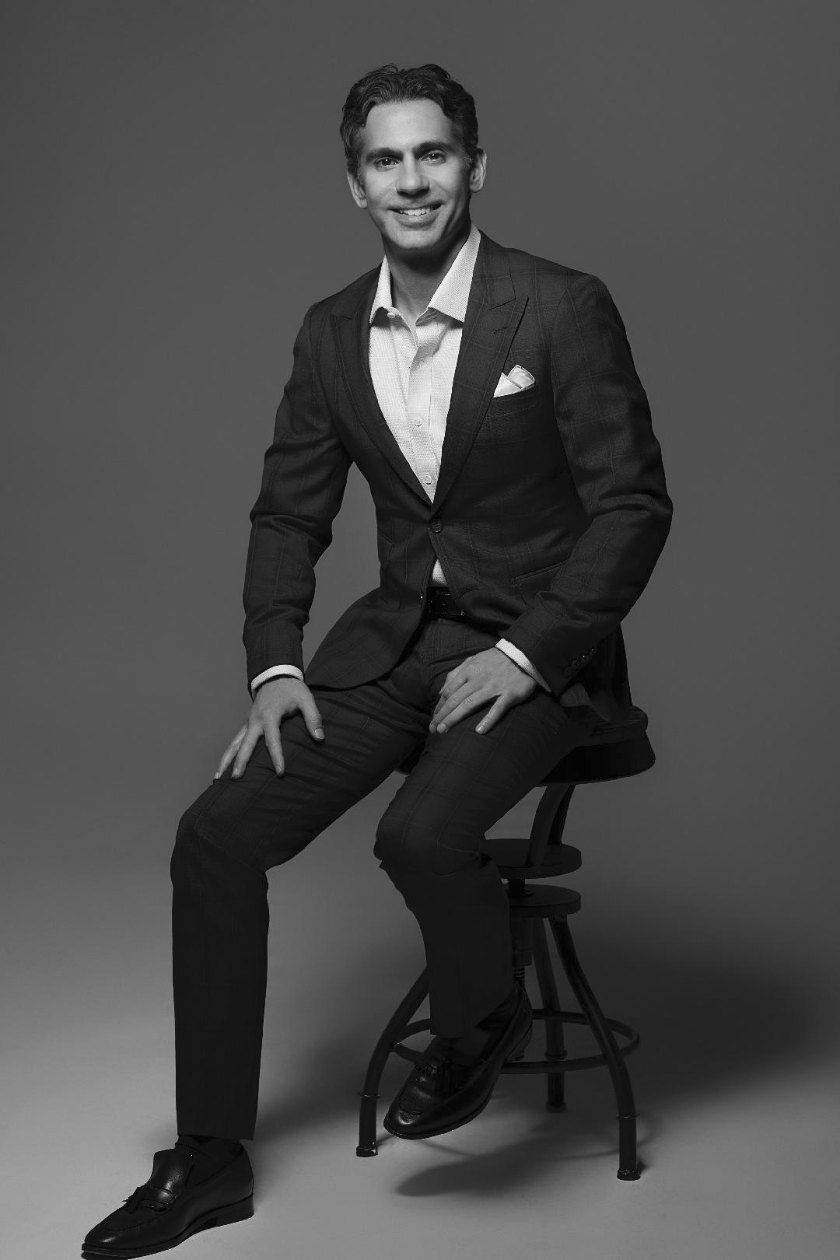
Michael K. Newman MD, FACS: an exceptional, board-certified plastic surgeon educated at some of the finest medical institutions in the country, Dr Newman is recognized as one of southern California’s élite plastic surgeons. He is a member of the faculty at UCLA’s David Geffen School of Medicine, and he has consistently been included in the list of Super Doctors published annually by Los Angeles magazine. He was featured on ABC’s Nightline which showcased his unique skills and compassionate, patient-focused care. Visit www.drnewmanbeverlyhills.com.
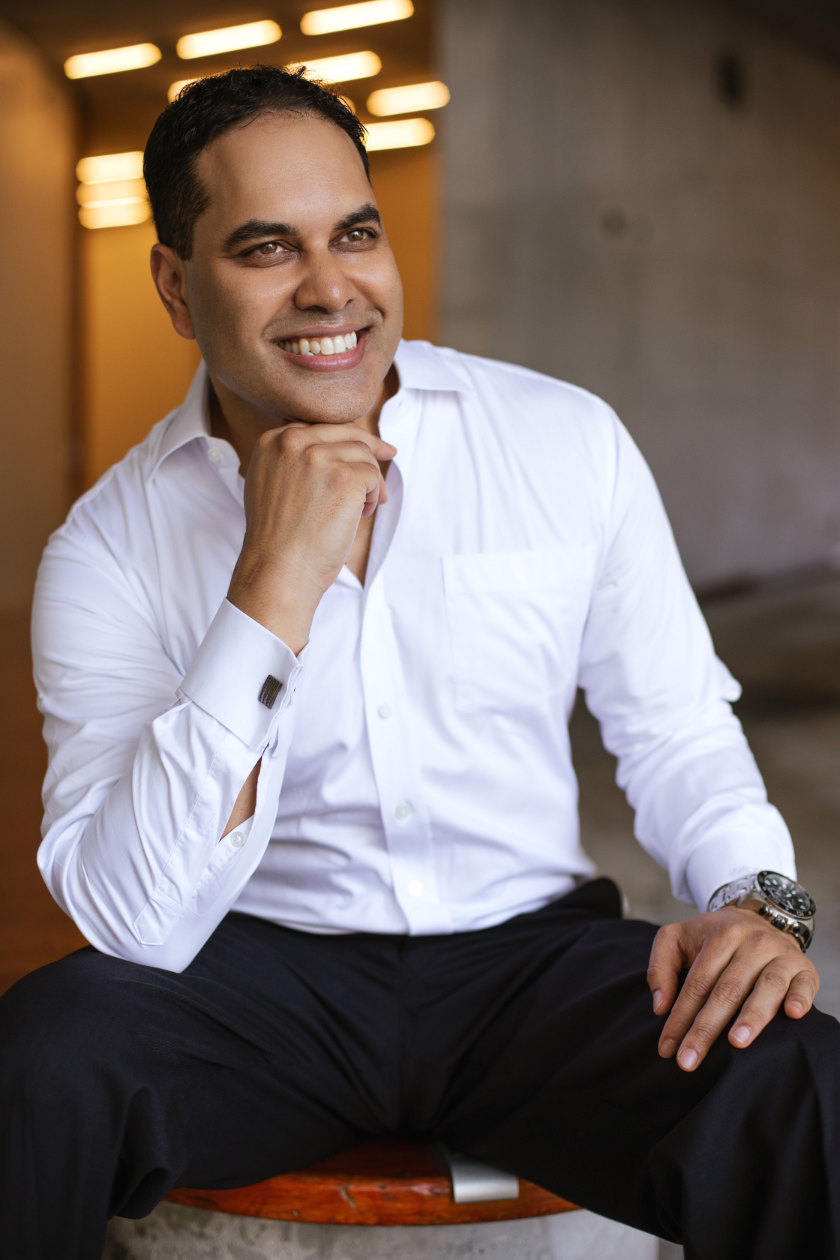
Tarik Husain MD, FACS: a quadruple-board-certified plastic surgeon with a sub-specialty in hand surgery. Dr Husain’s primary office is in the heart of Miami Beach. Dr Husain is also the current president of the Miami Society of Plastic Surgeons. Dr Husain earned his medical degree from the University of Southern California Keck School of Medicine. He Husain has a reputation far beyond southern Florida, with patients flying in from all over the world. He’s one of only a few surgeons that offer Skype and Facetime consults. Dr Husain educates current plastic surgery residents, hosts journal clubs, attends grand rounds, gives lectures, and publishes articles and research in peer review journals. See www.tarikhusainmd.com.
Top image by Alexander Krivitskiy; second image by Sam Moqadam/Unsplash
